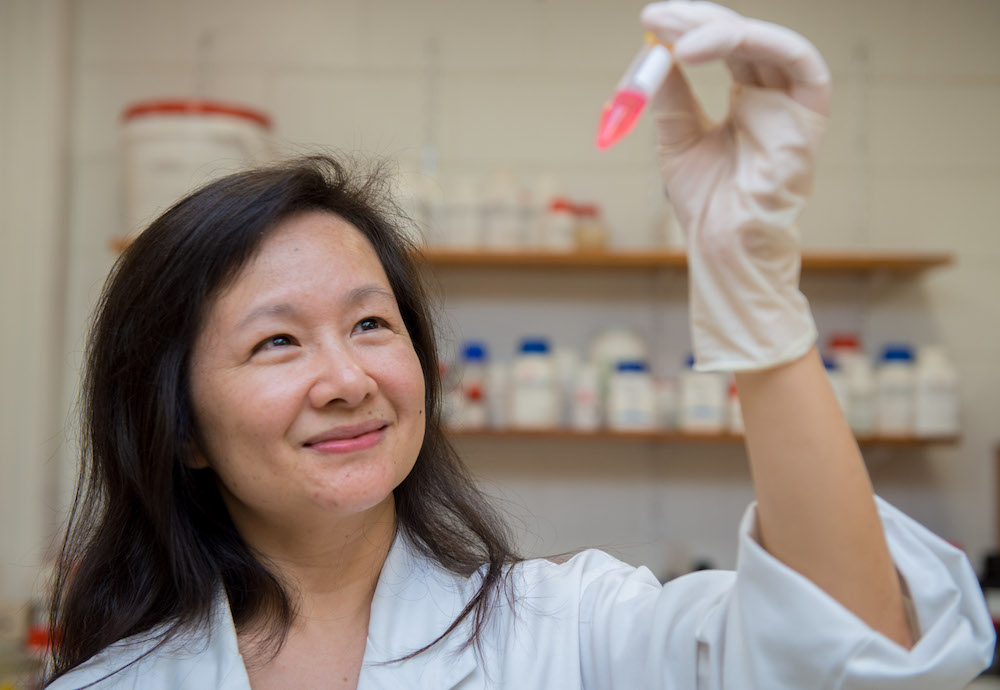Innovative Quantum Materials for Sustainable Chemical Production
Key Ideas
- Griffith University researchers develop eco-friendly quantum materials for converting methanol into ethylene glycol, essential for polyester and antifreeze production.
- Solar-driven photocatalysis process under Professor Qin Li's leadership enhances catalytic activity, leading to efficient ethylene glycol production and green hydrogen byproduct.
- The new quantum material shows potential for sustainable chemical production, green chemistry advancements, and applications in photocatalysis, sensing, and optoelectronics.
- This research contributes to addressing climate change by promoting zero-emission power generation, low-emission manufacturing, and circular economy strategies.
Researchers at Griffith University, led by Professor Qin Li, have made significant advancements in sustainable chemical production by developing innovative quantum materials. Their research focuses on converting methanol into ethylene glycol, a key chemical used in polyester and antifreeze production. Ethylene glycol is currently produced from petrochemicals through energy-intensive processes, but the team's solar-driven photocatalysis method offers a more eco-friendly alternative. By combining carbon quantum dots with zinc selenide quantum wells, the team has achieved a more than four-fold increase in photocatalytic activity, making the conversion process highly efficient. The byproduct of this process is green hydrogen, further highlighting the sustainability of the approach. This discovery not only leads to greener chemical production but also opens up avenues for future developments in photocatalysis, sensing, and optoelectronics. Professor Li emphasizes the importance of sustainable materials in achieving important chemical transformations and addressing challenges posed by climate change, such as zero-emission power generation and a circular economy.
Topics
India
Renewable Energy
Climate Change
Innovation
Sustainability
Research
Chemicals
Green Chemistry
Photocatalysis
Latest News
